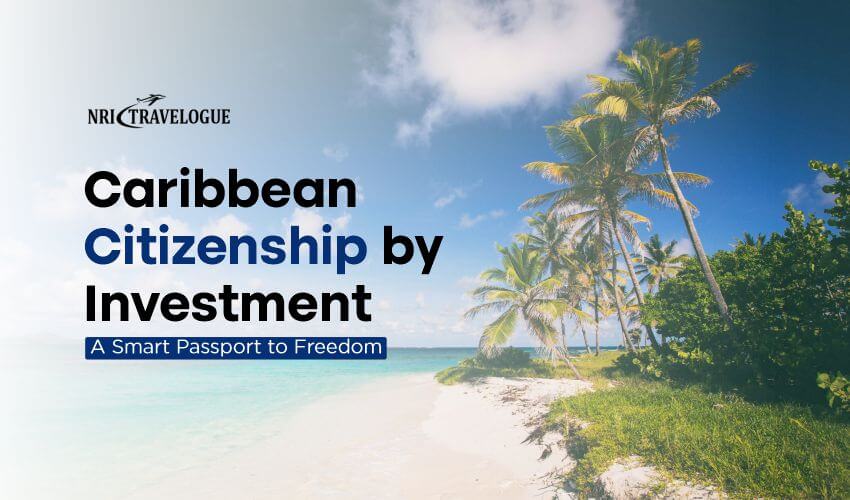Have you ever dreamed of living life on your own terms, somewhere between sun-soaked beaches and business-friendly policies? If so, Caribbean citizenship by investment could be your golden ticket. With a blend of lifestyle perks and financial freedom, more and more seasoned investors are seeing the Caribbean not just as a vacation spot, but as a strategic home base for a brighter, freer future.
Let’s explore why this opportunity is turning heads among smart, global-minded individuals like yourself.
Why Consider Caribbean Citizenship?
Imagine waking up to the rhythmic sound of waves, sipping your morning coffee while the Caribbean sun paints the horizon. Tempting, right? But beyond the postcard scenery lies something far more valuable—freedom, security, and global mobility.
Many 40 to 70-year-olds find themselves at a stage where they value quality of life, diversified investments, and greater global access. Caribbean countries offer all three through their citizenship by investment programs (CBI). These programs allow you to obtain citizenship in exchange for a qualifying investment, without ever having to permanently relocate.
What’s more, Caribbean nations are politically stable, English-speaking (in most cases), and offer excellent tax incentives, including no capital gains, wealth, or inheritance taxes.
It’s not just about retiring on the beach—although that’s a great bonus—it’s about creating a future that gives you and your family more options, more security, and more control.
Unpacking the Benefits of Caribbean Citizenship by Investment
Let’s get straight to the point—why do so many smart investors pursue Caribbean citizenship by investment? The benefits stack up quickly:
a) Visa-Free Travel: With a Caribbean passport, you can enjoy visa-free or visa-on-arrival access to over 140 countries, including the UK, Schengen Area, Singapore,
and more. For the well-traveled investor, this is priceless.
b) Tax-Friendly Systems: Looking to legally reduce your tax burden? Caribbean nations like St. Kitts and Nevis or Antigua and Barbuda offer zero income tax on
worldwide income.
c) Asset Diversification: A second citizenship helps you spread your risk. In uncertain times, it’s wise to diversify not just your portfolio, but your passport too.
d) Generational Wealth: Most CBI programs allow you to pass on citizenship to your children and even grandchildren. It’s an investment in your legacy, not just your lifestyle.
e) Fast and Efficient Process: Some Caribbean CBI programs can process applications in as little as 3–6 months. No lengthy red tape, no headaches.
The bottom line? It’s about creating a plan B that feels like plan A—an option you’ll be proud to pursue, not just fall back on.
Choosing the Right Caribbean Destination for You
Not all islands are created equal—and that’s a good thing. Whether you’re an adventurer, entrepreneur, or someone seeking serenity, there’s a perfect Caribbean nation for your lifestyle.
Let’s look at a few top picks:
1. St. Kitts and Nevis: The longest-running CBI program in the world. It’s known for stability and prestige, offering fast processing and solid passport strength.
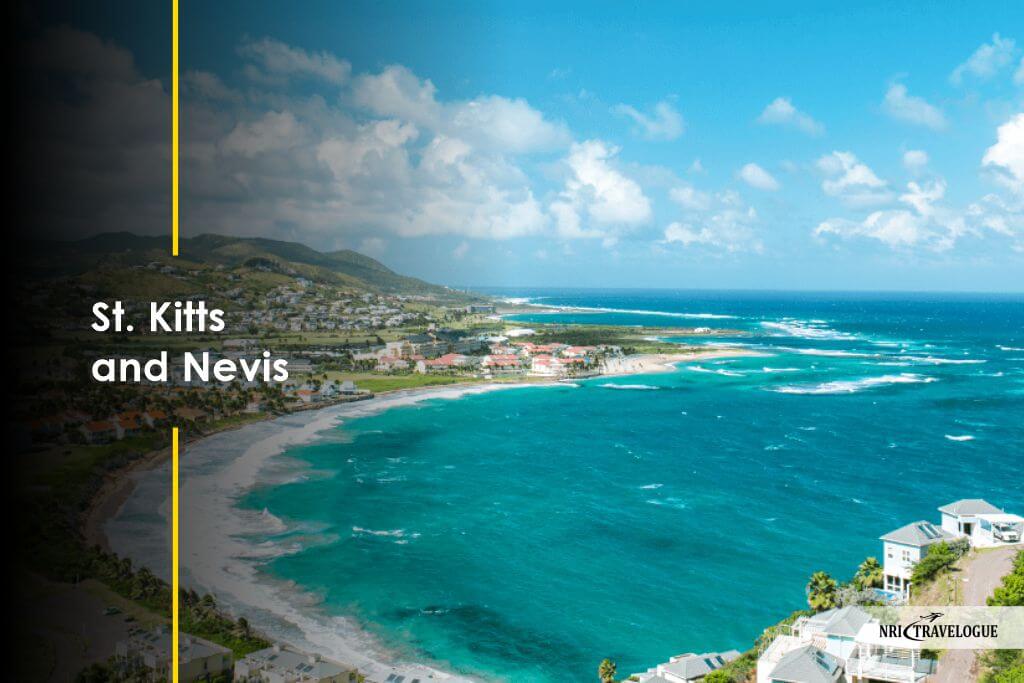
2. Dominica: Offers one of the most affordable and respected programs. With lush rainforests and a tight-knit expat community, it’s a favorite among nature lovers.
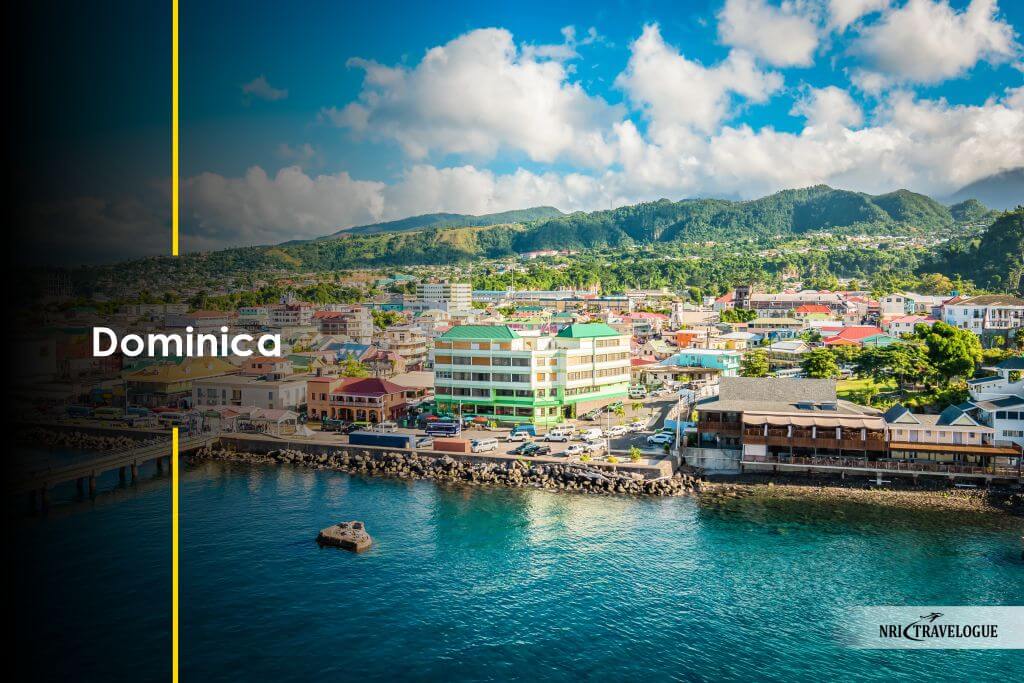
3. Antigua and Barbuda: Ideal for those who want family-friendly options. It allows dependent children, parents, and even grandparents to be included.
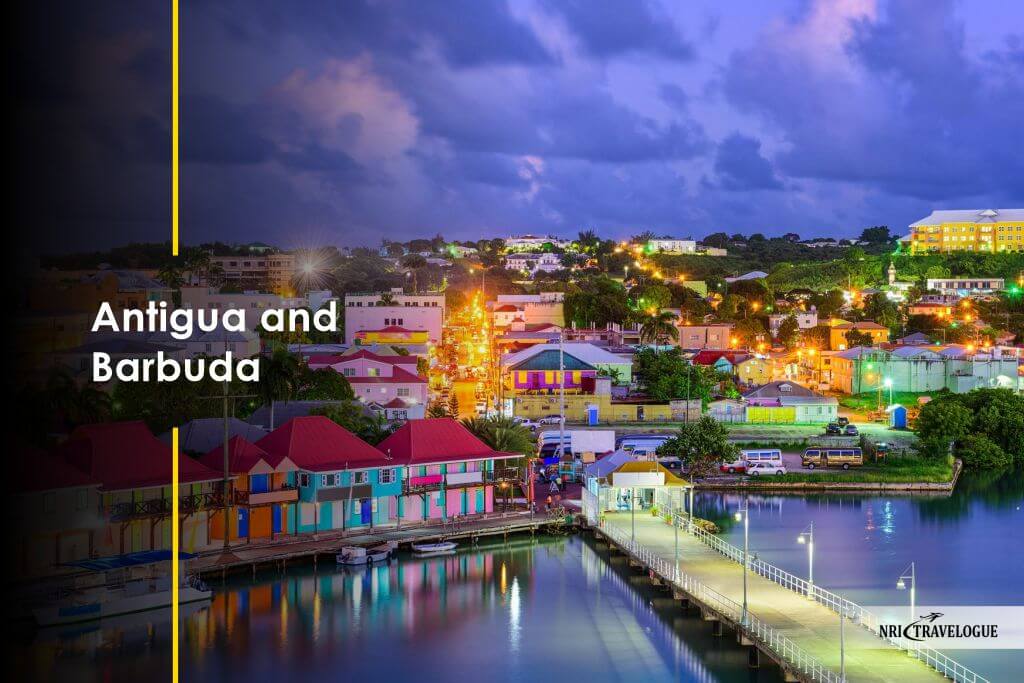
4. Grenada: A standout for U.S. visa access. It’s the only Caribbean country with a CBI program that has an E-2 Investor Visa treaty with the U.S., letting you live and work there if you invest in a U.S. business.
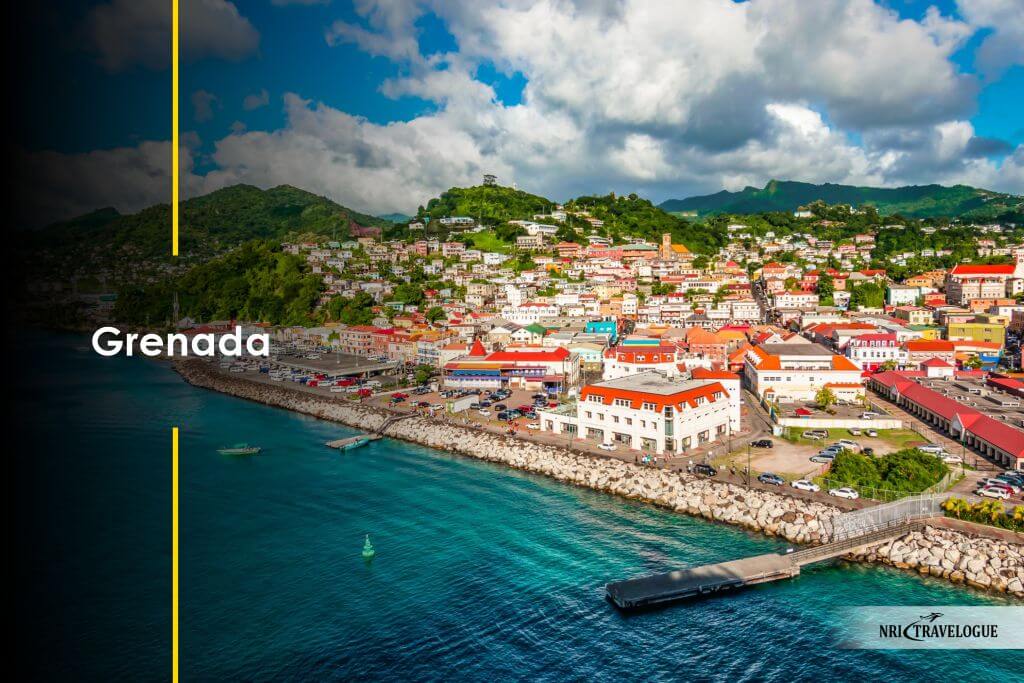
Each island has its own vibe, investment threshold, and long-term potential. The key?
Think about what matters most to you. Is it proximity to the U.S.? Global travel perks?
Peace and privacy? Match the island to your goals, and your second passport becomes much more than paperwork—it becomes personal.
What Awaits You: Top Things to Do in the Caribbean
Caribbean life isn’t just palm trees and piña coladas—though you’ll enjoy plenty of those. It’s also a rich tapestry of culture, adventure, and rejuvenation. Here’s what life could look like:
a) Sailing Between Islands: Feel the wind on your face as you island-hop in your private catamaran or join an elite regatta.
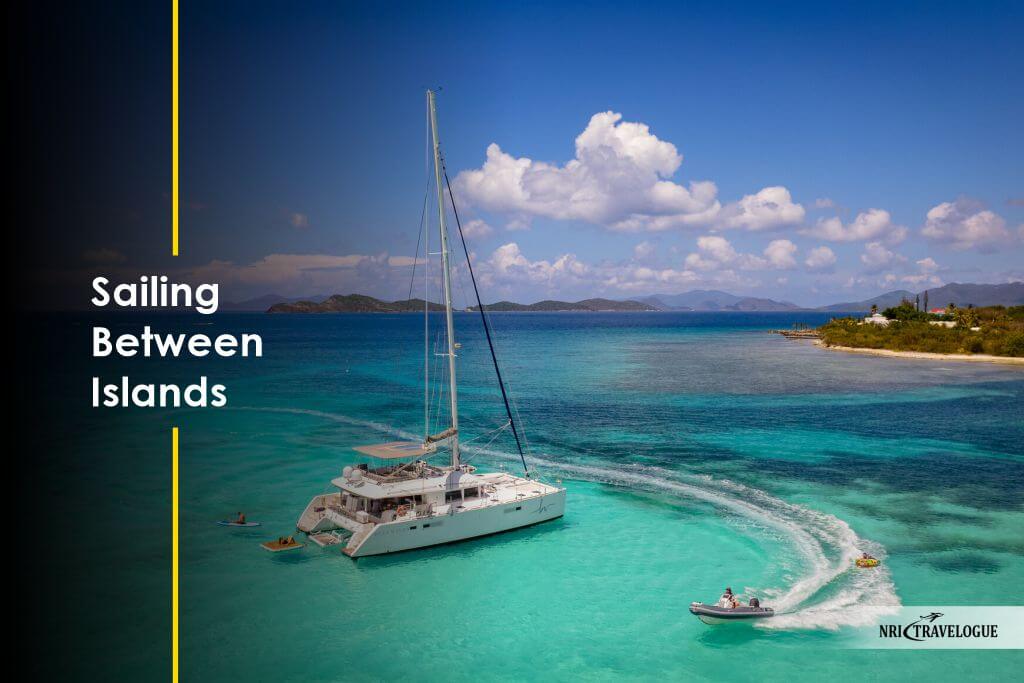
b) Diving and Snorkeling: Dive into crystal-clear waters to explore coral reefs and underwater caves. The Caribbean Sea is nature’s aquarium.
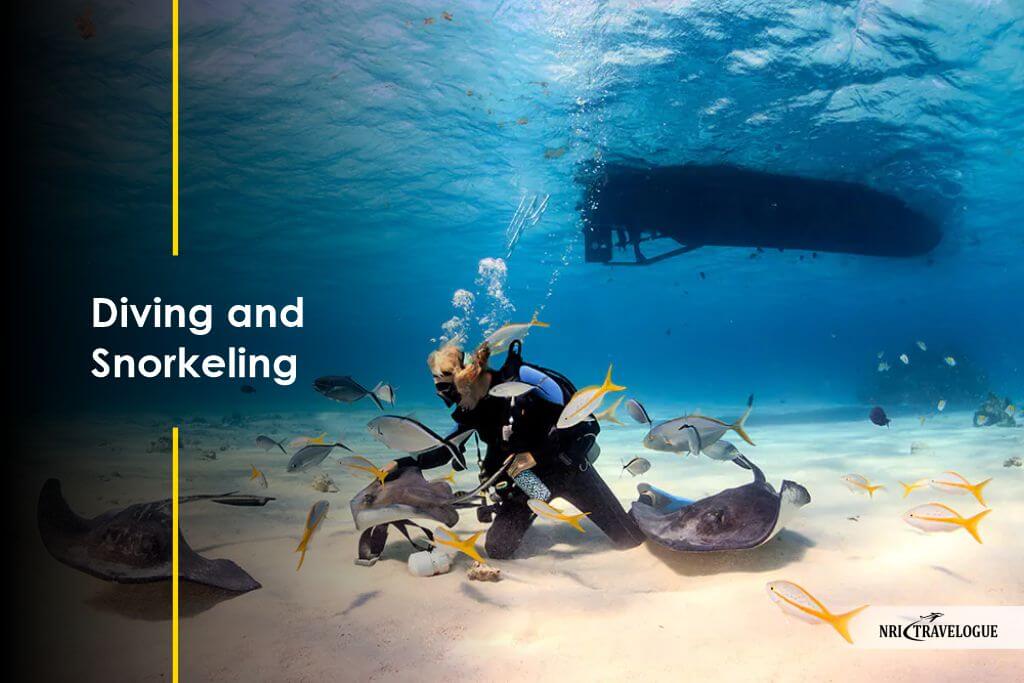
c) Golf with a View: Championship golf courses set against turquoise backdrops? Yes, please.

d) Historic Adventures: From colonial forts to colorful towns, the Caribbean’s history is as vibrant as its sunsets.
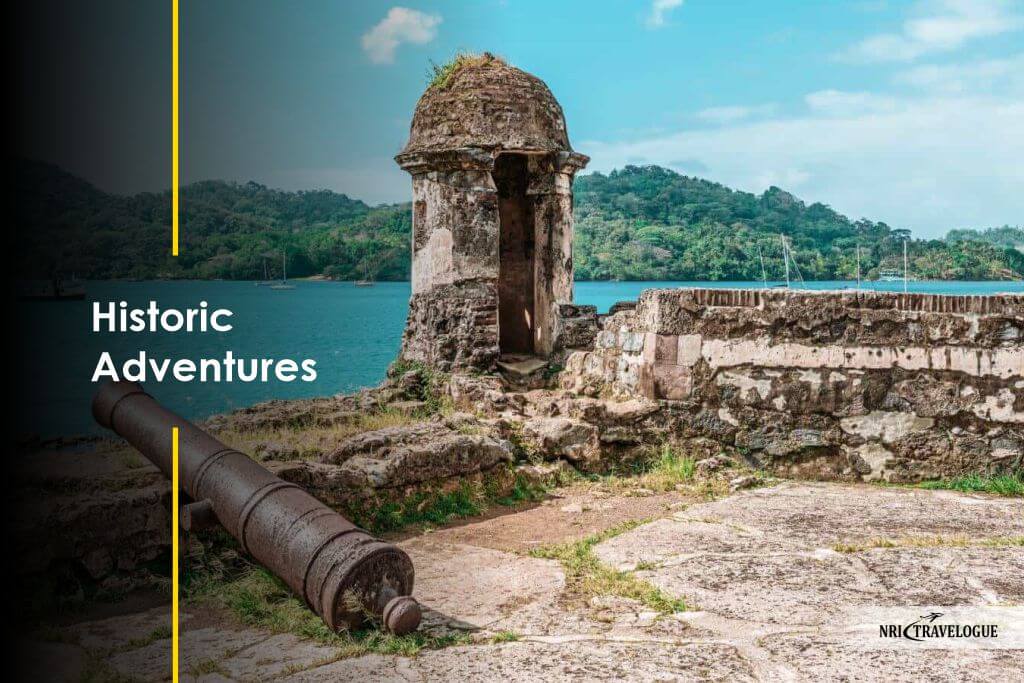
e) Wellness and Cuisine: Fresh seafood, organic produce, luxury spas, and yoga retreats—it’s not just living well, it’s thriving.

Whether you’re looking for adrenaline or calm, you’ll find it here. And unlike a vacation, as a Caribbean citizen, you can call it home.
Is Caribbean Citizenship Right for You?
CBI isn’t for everyone—and that’s okay. But it might be perfect for you if:
- You value personal freedom and global mobility.
- You’re looking to diversify your assets and secure a second home base.
- You want privacy, tax efficiency, and long-term peace of mind.
- You’ve worked hard and now want to live smart.
Think of it this way: Your primary passport is your foundation. A second passport is your wings. It gives you options that others simply don’t have.
And with relatively low investment requirements starting from around $100,000 in most Caribbean nations is a surprisingly accessible gateway to a premium lifestyle.
Most programs start around $100,000 to $150,000 for a single applicant through government donation routes. Real estate investment options typically start around $200,000, depending on the island.
Not at all. Most Caribbean CBI programs do not require residency or even a visit. However, you’re always welcome to spend time there, or relocate permanently if you choose.
The process is remarkably fast. In most cases, you can obtain your new passport within 3 to 6 months, provided all documents are in order and due diligence is passed.


